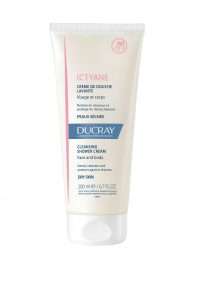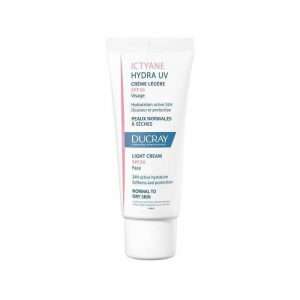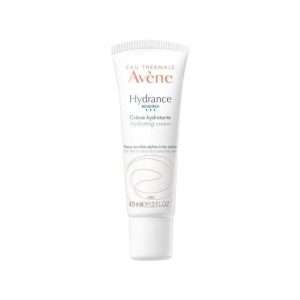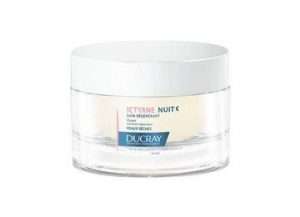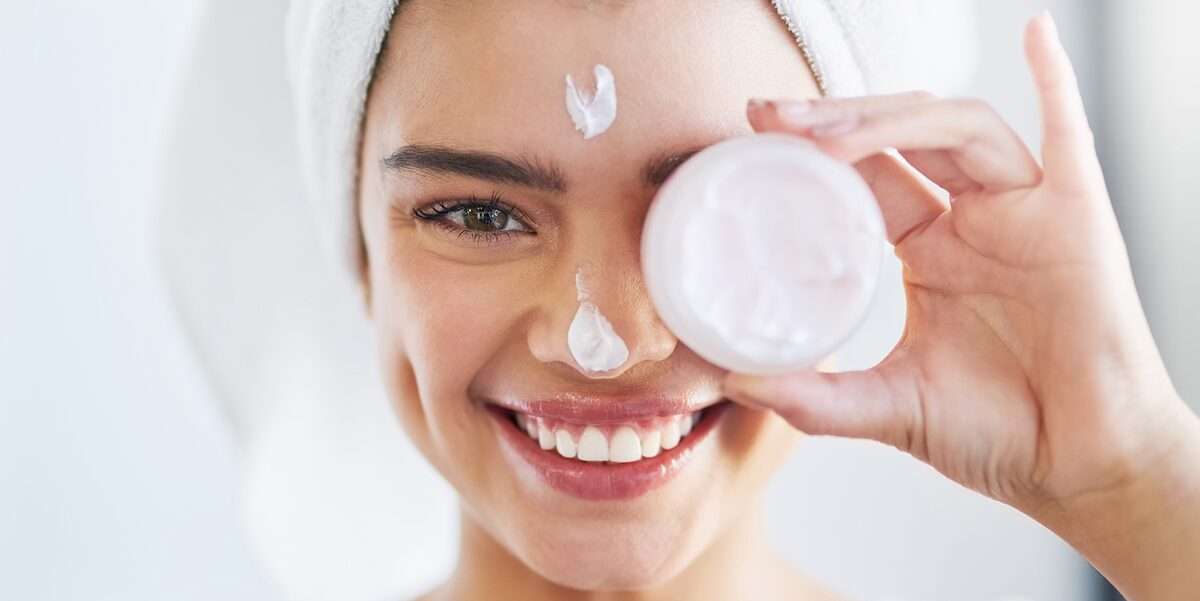
Let’s face it – having dry skin is no fun. When the skin on your face is itchy, flaky, or rough, everything gets a little more complicated. With dull, dehydrated skin, you may be missing out on the youthful glow! In addition, makeup application becomes a little difficult. But most importantly, dry skin on your face can be uncomfortable and may affect much more than your appearance.
If you’d like to learn more about the causes of dry skin, how to treat it and the best cleansers and moisturizers to go for, read this article written in collaboration with the dermatologist and cosmetologist Dr. Maya Muallem!
Do you have dry skin on your face?
Dry skin is not usually a serious problem, and there are many ways to treat it on your own.
If you’re wondering if you have dry skin on your face, keep these common symptoms in mind. Does your skin feel tight or rough to the touch after a shower? Is it itchy at times? Does it tend to flake or peel? If this is the case, you may have dry skin. Lucky you, we’re here to help!
What causes dry facial skin?
Why is your face so dry? According to Dr. Maya Muallem, dry skin can be caused by many factors, including the following:
- Dry atmosphere and cold weather
- Dry indoor air – cold or hot
- Frequent washing
- Hot water
- Exposure to harsh chemicals such as detergents and soaps
- Certain medications that can alter the skin barrier and promote dryness
In addition, Dr. Maya Muallem says that many dermatological conditions predispose to dry skin (whether due to genetic mutations or immunological dysfunction) such as ichthyosis, atopy, seborrheic dermatitis, psoriasis… Dry skin can also be a manifestation of internal conditions such as thyroid disorders, diabetes, malignant tumors…
How to treat severe dry skin on the face?
Here’s the good news: dry skin can be treated quite easily! By making small changes to your daily routine and incorporating the best dry skin care products, you’ll regain your smooth and hydrated skin back. So, what are the top ways to treat dry skin? It is important to:
- Modify your shower habits
Avoid hot showers and opt for lukewarm ones instead. Hot water can dry out your skin by washing away the natural oils.
You can also reduce the time spent in the shower to five or ten minutes. This will avoid unnecessary exposure to water, which can also cause your skin to dry out.
Avoid showering or bathing more than once a day, as this might make dry skin worse. Apply a moisturizer immediately afterward so that your skin retains the moisture from your shower.
- Use gentle cleansers
If you have dry skin, Dr. Maya Muallem recommends cleansing your face gently and avoiding scented and harsh products to maintain a good level of hydration!
Harsh ingredients include alcohol, retinoids, or alpha-hydroxy acids. They can dry out your skin and cause irritation or inflammation. Instead, opt for a more gentle face wash for dry skin. You’ll see a major difference in terms of hydration!
To help you out, we’ve rounded up the best cleansers for dry skin that will effectively remove makeup and cleanse your skin without over stripping or drying it out.
Ducray Ictyane Cleansing Shower Cream
Eau Thermale Avène TriXéra Nutrition Nutri-Fluid Cleansing Gel
- Moisturize often
Combat dry skin by applying a dry skin cream right after you shower to lock in moisture. You should also apply it every morning when you wake up and every night before you go to bed. Adopting a good moisturizing routine will help you achieve amazing results.
Dr. Maya Muallem states that good moisturizers usually contain ceramides and hyaluronic acid. She adds that some light-textured creams have a water-rich formula which is suitable for oily skin.
Be aware that some moisturizers and other skin care products contain drying agents which may worsen dry skin. Try to avoid products that contain:
- Alcohols
- Artificial fragrances or colors
- Dioxane
Ready to give your skin the protective barrier it needs to stay healthy and hydrated? Check out the best moisturizers that are guaranteed to do the job and leave you with that desirable rosy glow.
Ducray Ictyane Hydra UV Light Face Cream SPF 30: Apply in the morning.
Eau Thermale Avène Hydrance Aqua-Gel:
Eau Thermale Avène Hydrance Rich Hydrating Cream: Apply in the morning and evening after cleansing.
Dr. Maya Muallem notes that it is also important to moisturize your skin at night to repair the skin barrier after harsh daytime exposure. We recommend the following night cream from Ducray.
Ducray Ictyane Night Light Face Cream
- Exfoliate to remove dead skin cells
A person can eliminate excess dead skin cells by exfoliating.
The skin naturally makes new cells and gets rid of old ones, usually renewing itself in about a month. When dead skin cells stick to the surface, people may notice dry patches and clogged pores.
Exfoliation removes dead skin cells, reducing dry patches and improving overall skin texture.
Exfoliators can be mechanical or chemical.
- Adopt better habits and stay hydrated
One of the easiest ways to heal dry skin is to change your daily habits. Here are some of our tips:
- Use a humidifier, especially in winter.
- Blot your skin gently with a towel.
- Protect your skin in cold or windy weather.
- Use lukewarm water to wash your face.
- Drink enough water.
- Quit smoking.
- Limit your time in the sun.
- Limit your caffeine intake.
When buying cosmetics, choose the ones that are labeled hypoallergenic and fragrance-free. Products that contain retinoids or alcohol tend to dry out the skin, so avoid them in winter.
- Eat foods rich in antioxidants and omega 3
Foods rich in antioxidants, such as cranberries, tomatoes and carrots, reduce the damage caused by free radicals which lead to cell damage and dryness. As well, foods rich in omega 3, such as salmon, help maintain a fresh skin.
Outlook
Environmental and lifestyle factors might lead to dry skin on the face. The good thing is that it can be managed and prevented by using gentle treatments such as those mentioned above.
If dry skin does not improve or worsens, we recommend you consult your doctor or dermatologist. People whose dry skin does not respond to over-the-counter treatments may benefit from using a prescription cream or ointment.
Dry skin can also be a sign of a skin disorder that needs specific treatments. A dermatologist can examine your skin and advise you on what can help reduce your discomfort.

